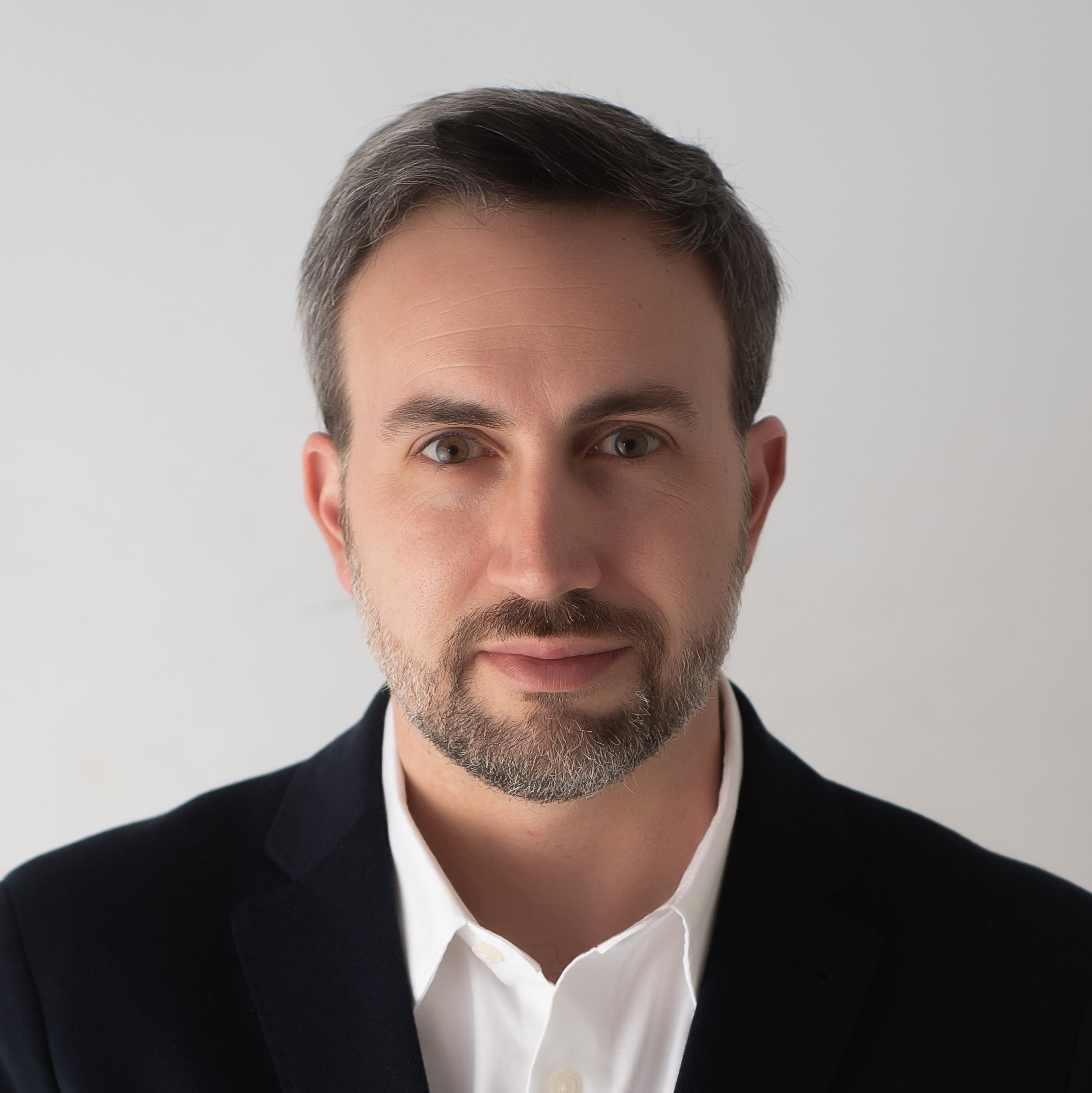
Key Takeaways
The following are a few of the main takeaways from COVID-19 Africa Watch’s conversation with Lionel Zinsou, Founder and Managing Partner of SouthBridge and former Prime Minister of Benin:
COVID-19 has posed a major challenge to the private sector. Local businesses could use more government support, and countries have been stretched in terms of implementing social protection programs for the most vulnerable given limited resources and relatively weak banking systems.
In many countries, the private sector has been at the forefront of the response to the COVID-19 pandemic. In particular, in Nigeria and South Africa, the private sector has played a major role in successfully furnishing hospitals with the equipment needed to treat patients of COVID-19.
To accelerate private-sector-led growth, African governments still have room for improvement in terms of enforcement of rule of law, strength of the judiciary system, and banking sector modernization. Governments also need to improve the fiscal environment and local tax frameworks so as to encourage the expansion of the formal sector. Post COVID-19, many areas should continue to present good investment opportunities, for example in infrastructure, consumer goods, and in the innovative sectors which have seen an upsurge during the pandemic such as IT and FinTech.
Recreating market confidence will be the first step in terms of attracting foreign investors (and particularly private equity investors) back to these opportunities on the continent.
The interview was conducted by Thierry Nadjo, an IFC-Milken Institute Capital Market Scholar of West Africa’s Bourse Régionale des Valeurs Mobilières. A transcript is available below.
Transcript
Interviewer
Hello, my name is Thierry Nadjo. I am an IFC-Milken Institute scholar from the Regional Stock Exchange for the West Africa Monetary Union. I am happy to be with you for this interview today. We are hosting Mr. Lionel Zinsou, President of SouthBridge, an Africa-focused investment bank and private equity firm. Mr. Zinsou is also former Prime Minister of the Republic of Benin.
Mr. Zinsou, thank you for being with us today to share your thoughts on how COVID-19 is affecting private-sector growth in Africa, and to discuss government responses.
To start, what has stood out for you in terms of Africa’s response to the COVID-19 crisis at the continental level?
Lionel Zinsou
There are three levels of response to discuss.
The first is the response at the continental level. At this level, I think it’s something like a revolution. The African Union has a very well-organized, collective, cooperative way of responding to COVID-19. President Cyril Ramaphosa of South Africa, and president of the African Union, has weekly meetings with seven heads of state. They have undertaken to negotiate and put in place totally new public policies. For instance, they have created a task force to negotiate the debt of the continent. So instead of separate negotiations with thousands of creditors, the African Union task force, composed of professionals with private and public experience, is negotiating the bilateral debt, the multilateral debt, and the private market debt.
Further, the negotiations are not restricted to debt management and to creating budgetary space for governments. They are also related to logistics. For instance, a digital marketplace has been created at the continental level for the supply of drugs and equipment to hospitals. In sum, at the continental level, you have very integrated responses to COVID-19.
Interviewer
Thank you. And how about the response to the pandemic by individual countries within Africa?
Lionel Zinsou
This is the second level: the level of the state.
“With only a few exceptions, African governments have reacted quickly in terms of lockdown. One of the effects is that what was forecasted – an immense wave of COVID-19 cases across the continent – has not happened.”
Here, I think the response has been quite quick in terms of health-related sanitary measures. With only a few exceptions, African governments have reacted quickly in terms of lockdown. One of the effects is that what was forecasted – an immense wave of COVID-19 cases across the continent – has not happened. It has been nothing like what happened in Latin America.
My real concern is the economic response to the pandemic.
Yes, we have concerted continental action, yet we have restrictions in our budget flexibility and monetary feasibility. It is very difficult for central banks in our countries to finance huge liquidity efforts going through the banking system, which is obviously weaker. We also have fewer social protections. However, I think that we have major reasons to hope, given the new continental African Union governance.
Interviewer
Looking ahead to economic recovery, many experts say there is an important role for the private sector to play in particular. What policies do you think African governments should prioritize to encourage the private sector, and in particular private equity firms, to expand and invest in Africa?
Lionel Zinsou
We can improve the financial markets, to work more efficiently and in a more coordinated way. For instance, within your own market, the BRVM in West Africa, we see more and more cooperation with other markets – more integration with Lagos, with Casablanca, and so on. Cooperation is not that difficult to enforce. We also have professional skills, as well as experience in the field.
As for the private equity space, attracting investors requires a proper regulatory and judiciary environment. Clearly, many African markets are not totally compliant in terms of the legal environment. We have made immense progress in legal rules, however it is not easy to enforce those rules in every market. So, I would say that this is more political than technical. Technically, I’m very confident that we are progressing. Further, each progress in a country triggers progress in the other countries.
We also have to educate our banking system. The banking system has not been leveraged in Africa, with the exceptions of Southern and Northern Africa. In between, our banking system is not accustomed to putting in place long-duration loans in a context which is compatible with Leveraged Buy-Outs (LBOs). So, LBOs are underrepresented in Africa. Conversely, I would say venture capital started to take off, but it was completely ignored.
Interviewer
So post-COVID-19, do you think the growth of private equity and venture capital can be sustained – and what are some promising sectors to invest in?
Lionel Zinsou
We have to recreate confidence. We have to come back on the markets and be attractive. There is a bit of a question mark there, because some major players in private equity have left the continent, for example the knights of KKR and Blackstone. This has created the impression there was no grounds for investment. Instead, there are a lot of potential grounds for investment: infrastructure, consumer goods – which constitute the largest portion of manufacturing in Africa – as well as more innovative sectors. For instance, there has been a real upsurge in telecom-related industries, IT, and everything related to FinTech.
Interviewer
In terms of policy, we’ve discussed rule of law, the role of the judiciary, and also social protection and fiscal stimulus. In closing, is there any other area of policy you would like to emphasize in terms of accelerating private sector growth in Africa?
Lionel Zinsou
I would say that monetary policy is an important field, but not the only one. We have to be far more guided by the needs of the private sector. We must improve the environment of the formal sector, for example by instituting a more proactive tax policy in favor of supporting the private sector. We also have some reasonably large informal firms remaining today which could be formalized.
Having been a prime minister, I know that we have to make efforts to win by little victories, little steps in technical improvement every day. We must keep the vision of a proper tax framework for the state and we must avoid cannibalizing the private sector.
“What is fascinating is that the whole of the private sector, alongside the government, has been a driving force during the pandemic… Everybody will tell you that in China, one is able to build hospitals with 1,000 beds in 10 days, but Nigeria and South Africa have done that too.”
What is fascinating is that the whole of the private sector, alongside the government, has been a driving force during the pandemic. For example, in Nigeria, the impact of the private sector is obvious. In some cases, the private sector has been more important than the public sector in terms of initiatives, financing, and vision. Everybody will tell you that in China, one is able to build hospitals with 1,000 beds in 10 days, but Nigeria and South Africa have done that too. Nigeria did that, and it was coordinated by the private sector. Thousands of hospitals were equipped in weeks.
COVID-19 is a major blow to the private sector with a low level of support. However, COVID-19 has also shown that the nucleus of the strongest private corporations in Africa is an essential element of public policies when there are public national challenges. This is completely new.
Interviewer
We have reached the end of this interview. The Milken Institute and I would like to thank you again for these powerful insights. We wish you all the best, goodbye and stay safe.
Lionel Zinsou
Thank you very much indeed for your invitation.



